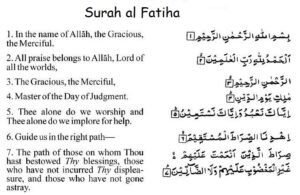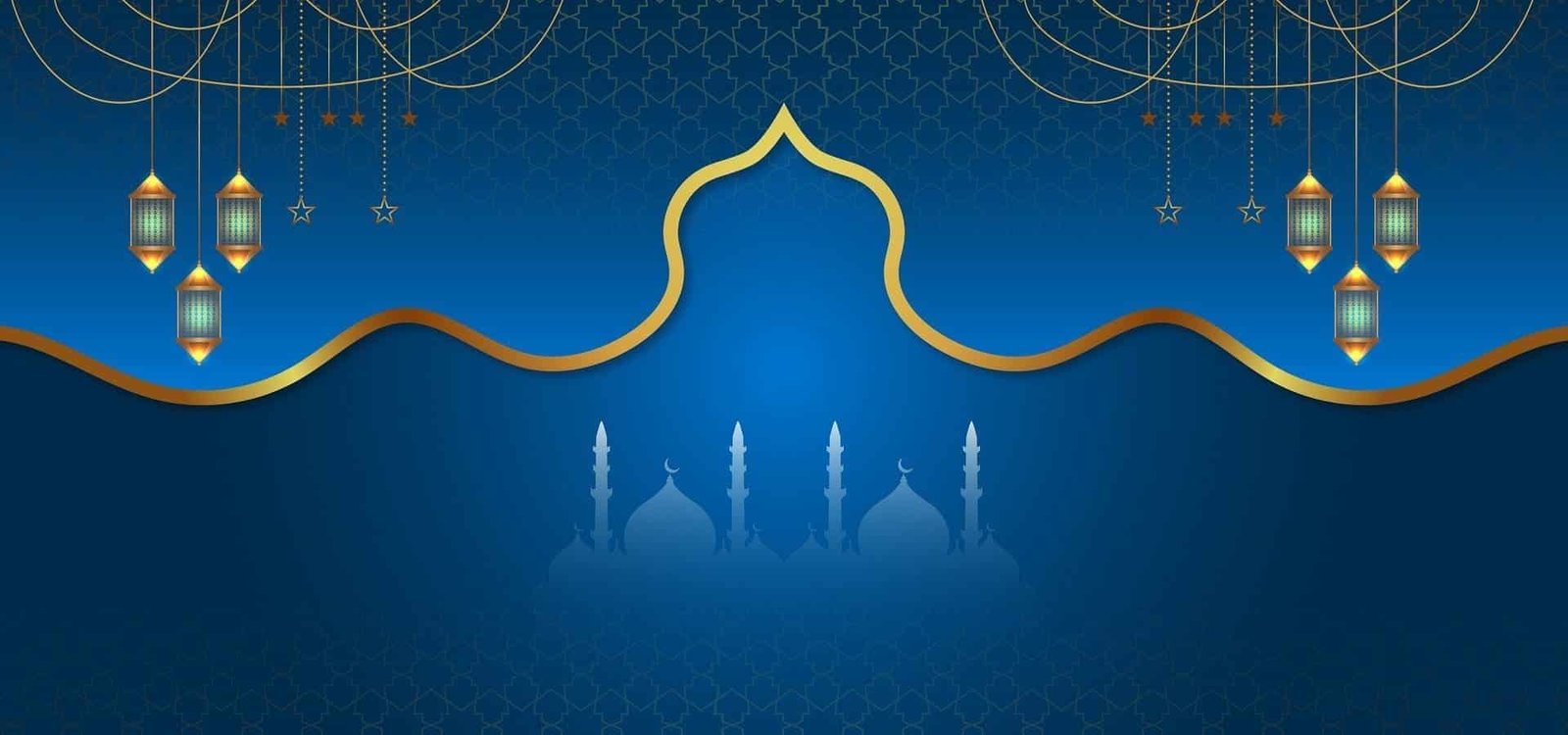Surah Al-Fatiha is one of the seven anuses, the first such chapter, and among the most frequent repetitions of the Text of the Islamic Sacred scripture. Popularly referred to as ‘The Opening,’ it is perhaps best used for opening the Quran; in any case, it is always recited before each rak’ah of Salah, regardless of the prescribed Salah being recited. Even though this chapter is one of the shortest in the book,
It is filled with both religious and dogmatic implications that explain the existence of a Muslim’s possibility and guidance in the sight of Allah (SWT). In this article, we shall attempt to unravel what Surah Al Fatiha is all about, the significance of the Surah in prayeSurahd, and the place of the Surah as the gateway surah Al Quran.
Overview of Surah Al-Fatiha
Surah Al-Fatiha is a Makki surah with seven verses and is read first in every rakyat of prayer. The chapter intends to be prayed in which the seeker implores Allah (SWT) for leading, leniency, and assistance. Its themes are allied to glorifying Allah, acknowledging His supremacy, and asking for His guidance along the right course.
Surah Al-Fatiha holds several names, including:
- Al-Fatiha: The Opening
- Umm Al-Kitab: The Mother of the Book
- As-Sab’ al-Mathani: The Seven Oft-Repeated Verses
- Ash-Shifa: The Cure
These names refer to the chapter’s central role in Islamic belief and practice as the foundation of the faith.
Verse-by-Verse Meaning of Surah Al-Fatiha
. بِسْمِ اللَّهِ الرَّحْمَٰنِ الرَّحِيمِ
Translation: Bismillah al-rahman al-rahim.
The first verse is recited before the beginning of the Surah, where one pronounces thenouSurahthe name of Allah, Bismillah. This phrase reminds us to start everything with the name of Alla and pray for His protection and blessings. It gives much importance to AllAllah’slAllah’seswhich include Rahmaa,n, which means the Mercifu,l, and Rahee,m, which means the compassionate, which are facts pointing to the eternal benevolence of the creator towards his creation.
. الْحَمْدُ لِلَّهِ رَبِّ الْعَالَمِينَ
Translation: The Basmallah means: “In the name of Allah, the beneficial, the merciful; All-praiseworthy and omnipotent is Allah, the Lord of all the creation.”
These are the verses chanted immediately before the start of Surah, which is done by reciting the creator’s name in BiB. This phrase can be considered a kind of invitation to open any business and request protection and help from Allah. As a Quran surah, it focuses much on AlAllah’sAllah’sutes Rahmaan, the merciful, and Raheem, the compassionate,e thereby confirming the existing benevolence of the creator to his creatures.
. الرَّحْمَٰنِ الرَّحِيمِ
Translation: This is “The Most Merciful, the Most Compassionate.”
Once more, the qualities of Rahman and Raheem are enumerated, restating one of the great themes of the Qura—the graciousness of Allah. Such repetition helps to reassure the believer and reminds them that Allah does forgive sin, transgression, and even mistakes in the conduct of mundane activities of life.
. مَالِكِ يَوْمِ الدِّينِ
Translation: A title of the Almighty; the rendering of the Arabic “Rabb al-‘Azmah” or “Lord of the Power and Might”.
This verse gives Almighty Allah credit as the Master of the Day of Reckoning, g, which is the day of Pay-Bac, k, where everyone will be rewarded everyone for their actions. It prompts the people to live a life marching towards the Hereafter in earnest that Allah will take accountability and assess all our deeds (SWT).
. إِيَّاكَ نَعْبُدُ وَإِيَّاكَ نَسْتَعِينُ
Translation: ”O Lord, you only are we bow and to you only do we pray.”
In this verse, the worshipper pledges total obedience to Allah. It reaffirms the Shariat of Tawhid, which means that worship is due to the Lord Allah alone. It is also a cry for help and support, admitting that only Allah can help in everything.
. اهْدِنَا الصِّرَاطَ الْمُسْتَقِيمَ
Translation: Please help to show us the right path.”
This is a touching appeal to follow the Sirat al-Mustaqim of the path, and the speaker himself makes the calf. Muslims perform different actions but pray to Allah to guide them right in this life and in the next through the straight path that does not involve any kind of deviation that leads to wrongdoing. This prayer gives an example of one of the ways people call on Allah for assistance in sustaining faith and decency.
. صِرَاطَ الَّذِينَ أَنْعَمْتَ عَلَيْهِمْ غَيْرِ الْمَغْضُوبِ عَلَيْهِمْ وَلَا الضَّالِّينَ
Translation: “This generations’ way of life – blessed by You – not of the cursed generation – nor of the perverted one.”
In the last verse of the prayer, the worshipper prays to tread the right path as with those whom Allah has bestowed His favor,s including the prophets, the righteous, and the patient in their faith. They also request protection from the way of those who have gone stray or are in disfavor of Allah, respectively.
al-Fatiha as an essential component of the Islamic act of worship
Surah Al-Fatiha is recited in every unit (rarak’ahof rarak’ahveaily prayers, making it a central part of any MuslMuslimhe Prophet Muhammad (PBUH) said:
لاَ صَلاَةَ لِمَنْ لَمْ يَقْرَأْ بِفَاتِحَةِ الْكِتَابِ
Translation:
‘For him who does not read the opening of the Book (Surah Al-Fatiha) there is no prayer’.
(Sahih Bukhari)
This hadith points to the importance of Surah Al-Fatiha in worship. Otherwise, the prayer is invalid.
The Spiritual and Healing Benefits of Surah Al-Fatiha
It is helpful in worship and thus spiritually and healingly beneficial to Surah Al-Fatiha. It is Called Ash-Shifa ( The Cure) because of its healing effect on the person—bodily, mentally, or spiritually. Islamic people use this Sura for protection, asking Allah to provide them with healing for illness or trouble and to show them divine favors.
Conclusion
It is not just the first chapter of the Holy Boo ut also shows a Muslim with Allah (SWTl. Thus, this chapter not only lists the types of worship to be given to them, but it also provides the list of good works as the core of faith. According to the understanding in the current paper, the five times daily recitation helps Muslims always to remember that they need Allah and want to be straight in this world and the Hereafter.



